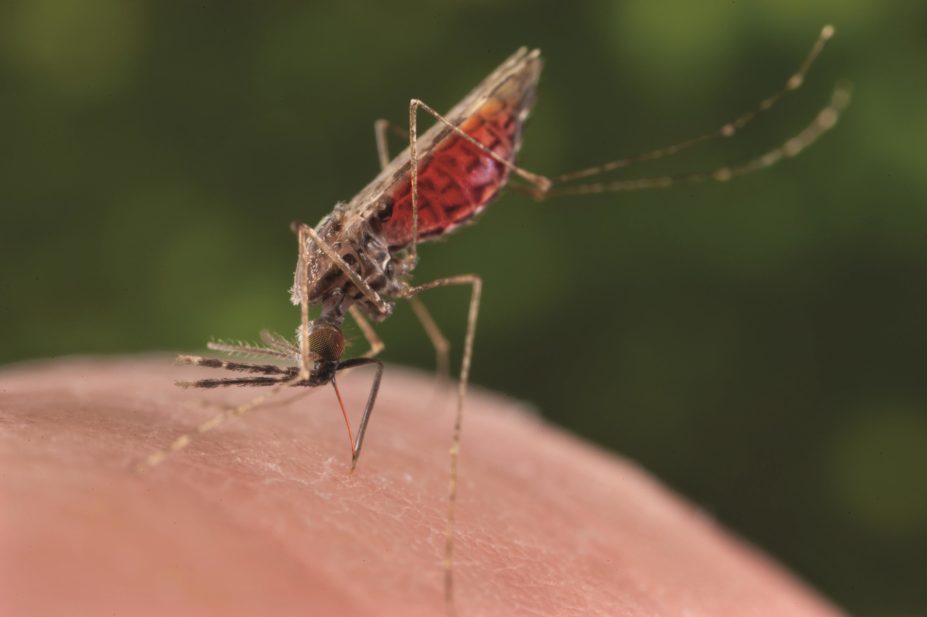
CDC / James Gathany
The World Health Organization recommends sulfadoxine-pyrimethamine (SP) for malaria prevention in pregnancy. But with increasing resistance to the drug in sub-Saharan Africa, researchers need to know if alternative drug mefloquine (MQ) impacts infant health during pregnancy.
Researchers carried out a randomised trial in four sub-Saharan countries in which they assessed infants whose mothers received SP (n=1,432) or MQ (n=2,815) during pregnancy.
At one, nine and twelve months old, there was no significant difference between the two groups of infants with regards to nutrition and morbidity or mortality. With the exception of the nine-month age group, psychomotor development was also comparable between the groups.
Writing in PLoS Medicine (online, 23 February 2016)[1]
, the researchers say their findings are particularly important as MQ is recommended for malaria prophylaxis in pregnant women travelling to malaria-endemic countries.
References
[1] Rupérez M, González R, Mombo-Ngoma G, et al. Mortality, morbidity, and developmental outcomes in infants born to women who received either mefloquine or sulfadoxine-pyrimethamine as intermittent preventive treatment of malaria in pregnancy: a cohort study. PLoS Medicine 2016; doi: 10.1371/journal.pmed.1001964
You may also be interested in

Patient safety commissioner pushes government on valproate redress almost two years after report

‘It just wasn’t viable’: the safety crisis facing patients with sensory impairments
